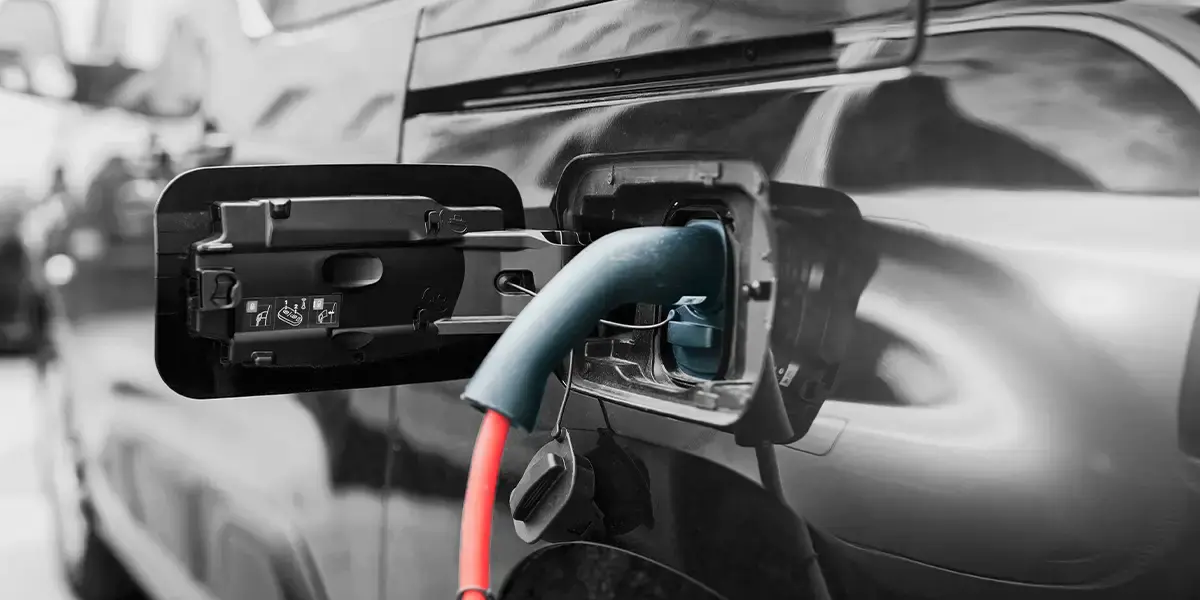
Last update: 12.06.2025
In this blog:
- Corporate Social Responsibility Directive (CSRD)
- Traditional methods vs. emerging technologies to reduce delivery emissions
- GPS-based tracking systems
- Sensor-based monitoring
- Future trends and innovations
- Benefits and considerations
- Strive to meet emissions reduction targets
- Further reading: Emissions tracking FAQs
Corporate Social Responsibility Directive (CSRD)
Businesses are responsible for minimizing their ecommerce carbon footprint and contributing to a more sustainable future.
In order to encourage positive action, the European Union is set to implement the Corporate Social Responsibility Directive (CSRD) in late 2023, with the first reports due in 2025. This will require some 50,000 businesses to provide verifiable data on their emissions.
As a result, tracking greenhouse gas emissions will become a crucial requirement for many businesses. The retail and e-commerce sector is no exception.
Here, we explore the latest technologies for tracking greenhouse gas emissions, their benefits and limitations, and future trends in this field that will help reduce the e-commerce carbon footprint.
Traditional methods vs. emerging technologies to reduce delivery emissions
Traditional methods for tracking greenhouse gas emissions include manual data collection and paper-based reporting, which are time-consuming and prone to errors. On the other hand, emerging technologies are revolutionizing emission monitoring by providing real-time data collection and analysis. Some of the latest technologies for tracking greenhouse gas emissions include GPS-based tracking systems and sensor-based monitoring.
GPS-based tracking systems
GPS technology is widely used for real-time greenhouse gas emission monitoring in deliveries. GPS-based tracking systems can estimate the emissions produced during transportation by tracking the location and movement of vehicles. The benefits of GPS-based tracking systems include improved accuracy, increased efficiency, and reduced costs. However, limitations include the need for a strong GPS signal and the inability to measure emissions from stationary sources.
According to a report by WorkWave GPS, based tracking systems can increase delivery efficiency by up to 30% and fuel consumption by up to 20%.
Sensor-based monitoring
Sensor technologies are used for precise greenhouse gas emission measurements. These sensors can detect pollutants like carbon dioxide and nitrogen oxides in real time. Examples of sensor-based monitoring solutions in the deliveries and supply chain sector include onboard sensors in vehicles and stationary sensors at warehouses and distribution centers. The benefits of sensor-based monitoring include improved accuracy, reduced emissions, and increased compliance. However, limitations include the high cost of installation and maintenance.
Future trends and innovations
Emerging trends and technologies in greenhouse gas emission tracking include the Internet of Things (IoT), blockchain, and remote sensing. IoT devices can collect and transmit real-time data on emissions, while blockchain can provide a secure and transparent platform for tracking emissions across the supply chain. Remote sensing technologies, such as satellite imagery, can provide a comprehensive view of emissions at a global scale. These technologies can potentially revolutionize greenhouse gas emission tracking by providing more accurate and reliable data.
Benefits and considerations
Adopting advanced emission tracking technologies can bring several benefits, such as improved accuracy, increased efficiency, and reduced costs. However, there are also challenges and considerations associated with implementation, such as the need for specialized skills and resources.
This is why businesses must work closely with a trusted partner like nShift.
Strive to meet emissions reduction targets
As businesses strive to meet delivery emissions reduction targets, tracking greenhouse gas emissions in real time is crucial. nShift's delivery management software integrates cutting-edge emission tracking capabilities, enabling businesses to reduce their carbon footprint.
We encourage readers to explore how nShift can leverage advanced greenhouse gas emission tracking technologies by contacting us for an initial consultation.
Let's work together to create a more sustainable future.
It’s all in the delivery
From checkout to emissions, nShift gives you full control of delivery management at every step — with branded experiences, smarter shipping, and access to 1,000+ carriers.
Explore the nShift platformFurther reading: Emissions tracking FAQs
What are emissions tracking technologies and how do they work?
Why is Scope 3 emissions tracking crucial in logistics?
What methodologies and standards are used for emissions tracking?
What data do I need to accurately measure transport emissions?
What features should I look for in an emissions tracking tool for logistics?
How do emissions tracking tools support CSRD and regulatory compliance?
Is it difficult or costly to set up emissions tracking in a supply chain?
How accurate are emissions calculations and what affects their reliability?
What are the practical benefits of emissions tracking for businesses?
How can companies reduce their emissions after tracking them?

Author
Fredrik Lindhagen
Product Manager
Fredrik has 12+ years of experience within the shipping industry. At nShift his responsibility is in developing our Transport Management Solution as well as evolving the Emissions Dashboard allowing customers to keep track of and reduce their CO2 emissions.

About the author
Fredrik Lindhagen
Product Manager, nShift
Fredrik has 15+ years of experience within the shipping industry. At nShift his responsibility is in developing our Transport Management Solution as well as evolving the Emissions Dashboard allowing customers to keep track of and reduce their CO2 emissions.




